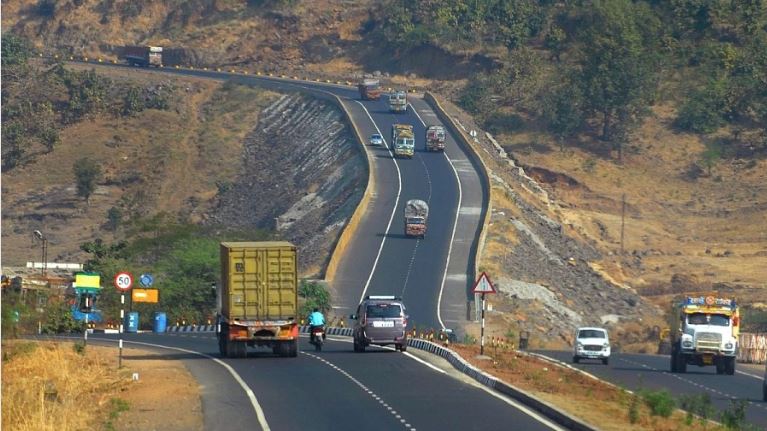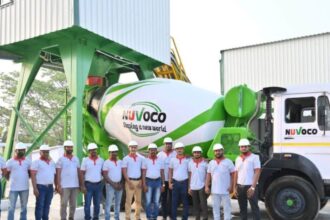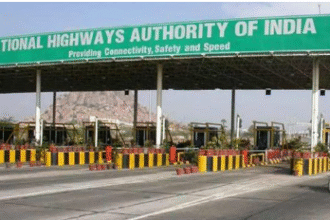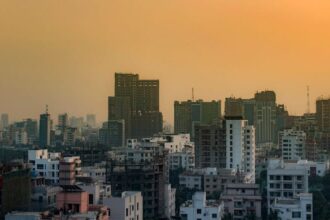India’s largest highway development initiative, the Bharatmala Pariyojana, launched in 2017, is reshaping the country’s transport landscape. With an ambitious goal of developing over 83,000 km of national highways in multiple phases, the project aims to boost connectivity, reduce logistics costs, and support economic growth.
Bharatmala Phase-I: The Backbone of the Vision
Phase-I targets the construction of 34,800 km of high-priority corridors by 2027. This includes key economic corridors, port connectivity roads, border area routes, and last-mile rural access.
States Showing Strong Progress
- Uttar Pradesh, Gujarat, Rajasthan, and Maharashtra are emerging as Bharatmala’s top performers.
- Projects like the Delhi–Mumbai Expressway are nearing completion.
- Enhanced logistics, reduced travel time, and improved industrial interest are already visible in these regions.
- Gujarat benefits from better coastal connectivity, while UP is becoming a transport hub for North-Central India.
Challenges in Other States
Despite its success, the project has stalled in states like Bihar, West Bengal, Kerala, and parts of the North-East due to:
- Land acquisition issues
- Environmental clearance delays
- Administrative and contractor disputes
- Difficult terrain and limited working seasons in Himalayan and NE regions
Funding & Strategic Reprioritisation
Initially estimated at ₹5.35 lakh crore, Bharatmala’s cost structure is evolving due to delays and rising input costs. While funded through a mix of toll revenues, budgetary allocations, and private investments, financial strain and overlaps with the PM Gati Shakti scheme have led to corridor realignments.
Government’s Push for Resolution
Authorities like NHAI and NHIDCL are:
- Fast-tracking approvals
- Adopting innovative models like HAM (Hybrid Annuity Model) and TOT (Toll-Operate-Transfer)
- Resolving litigations and exploring fresh financing strategies
Conclusion: Road to a $5 Trillion Economy
Union Minister Nitin Gadkari emphasizes that world-class highway infrastructure is central to India’s vision of becoming a $5 trillion economy. The Bharatmala Pariyojana holds transformative potential, but its success will depend on equitable execution across all regions. The coming years will be critical in turning this vision into reality across every state.










